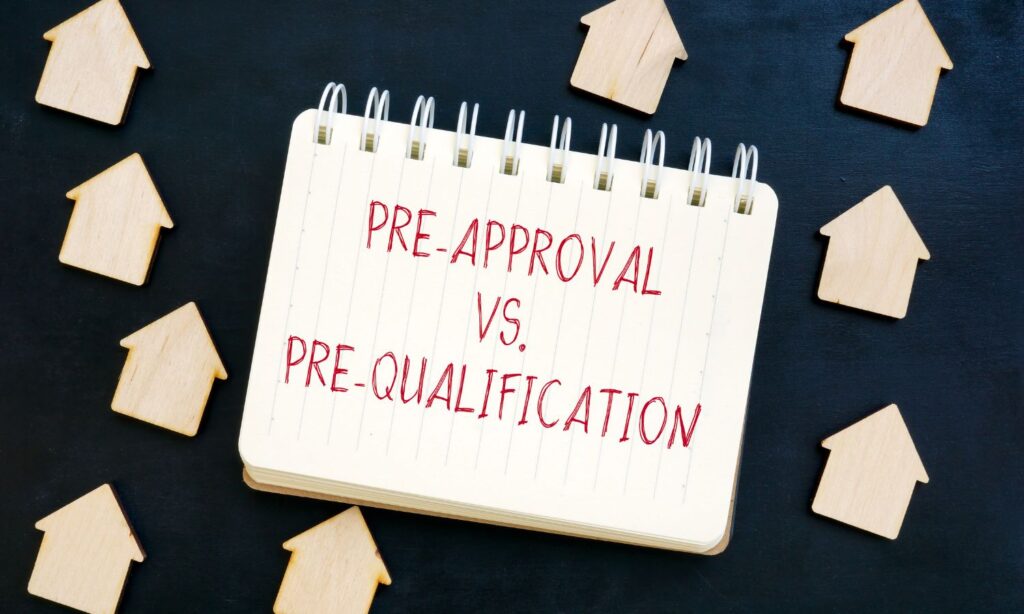Becoming a first-time homeowner is an exciting and significant milestone in life. It’s a symbol of independence and an investment in your future. However, the process of buying and owning a home comes with various responsibilities and considerations. In this article, we will discuss essential tips and information that first-time homeowners need to know to navigate the journey successfully.
Understand Your Budget
Before you start shopping for a home, it’s crucial to establish a clear budget. Take into account not only the purchase price but also ongoing costs like property taxes, insurance, utilities, and maintenance. Ensure that your budget aligns with your long-term financial goals.
Get Pre-Approved for a Mortgage
Getting pre-approved for a mortgage is a critical step in the homebuying process. It helps you determine how much you can afford and makes your offers more appealing to sellers. Shop around for different mortgage options and find the one that best suits your needs and financial situation.
Choose the Right Location
The location of your home is as important as the property itself. Consider factors such as proximity to work, schools, public transportation, and amenities. Think about your future plans and whether the neighborhood aligns with your lifestyle and goals.
Research the Neighborhood
Once you’ve chosen a potential neighborhood, research it thoroughly. Investigate crime rates, schools, property values, and the overall community vibe. Visit the area at different times of the day and week to get a feel for it.
Hire a Qualified Real Estate Agent
Working with a knowledgeable real estate agent can make the homebuying process much smoother. Agents can help you find suitable properties, negotiate offers, and guide you through the paperwork. Look for an agent who specializes in the area you’re interested in.
Conduct a Thorough Home Inspection
A home inspection is a critical step before finalizing the purchase of a property. It helps identify any hidden issues or necessary repairs. Attend the inspection if possible and ask questions to ensure you fully understand the condition of the home.

Budget for Maintenance and Repairs
Owning a home means taking on maintenance and repair responsibilities. Budget for ongoing upkeep and unexpected repairs, such as a leaky roof or a malfunctioning HVAC system. Setting aside funds in advance can prevent financial strain.
Familiarize Yourself with Home Insurance
Homeowners insurance is a necessity. It protects your investment and provides coverage for various scenarios, including damage from natural disasters, theft, and liability. Research different insurance options and choose the one that suits your needs and budget.
Understand Property Taxes
Property taxes vary depending on location and property value. Be aware of your property tax obligations and ensure they fit within your budget. Property tax rates can change, so it’s essential to stay informed about any updates.
Build an Emergency Fund
Owning a home can bring unexpected expenses. Having an emergency fund in place can provide peace of mind when unexpected repairs or financial challenges arise. Aim to save at least three to six months’ worth of living expenses.
Learn About Homeownership Tax Benefits
Homeownership offers several tax benefits, such as deductions for mortgage interest and property taxes. Familiarize yourself with these tax advantages and consult with a tax professional to maximize your savings.
Plan for Future Investments
As a homeowner, you have the opportunity to build equity and wealth over time. Consider your long-term financial goals and explore investment options, such as home renovations, property upgrades, or rental opportunities, to increase the value of your home.
Conclusion
Becoming a first-time homeowner is a significant achievement, but it comes with a set of responsibilities and considerations. By understanding your budget, working with professionals, researching your neighborhood, and planning for ongoing costs, you can set yourself up for a successful and fulfilling homeownership experience. With careful preparation and informed decisions, you can make your new house a comfortable and secure home for years to come.

